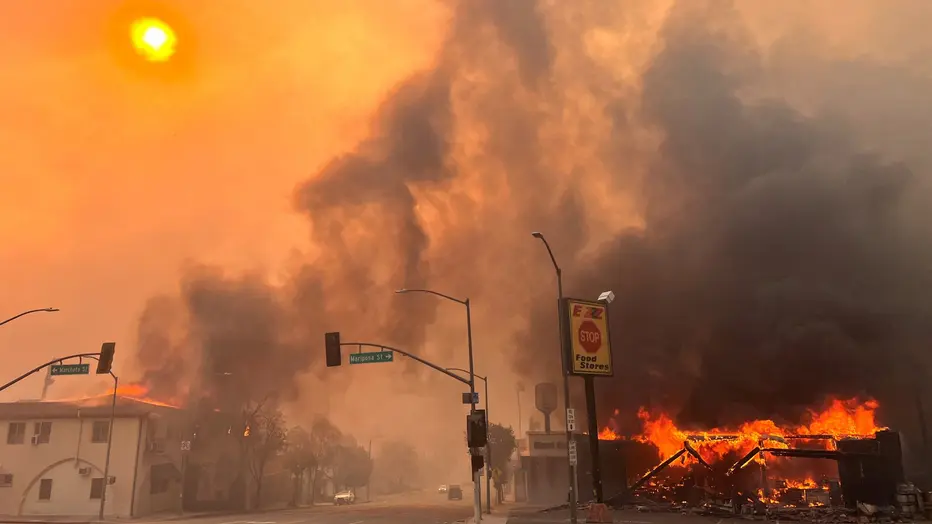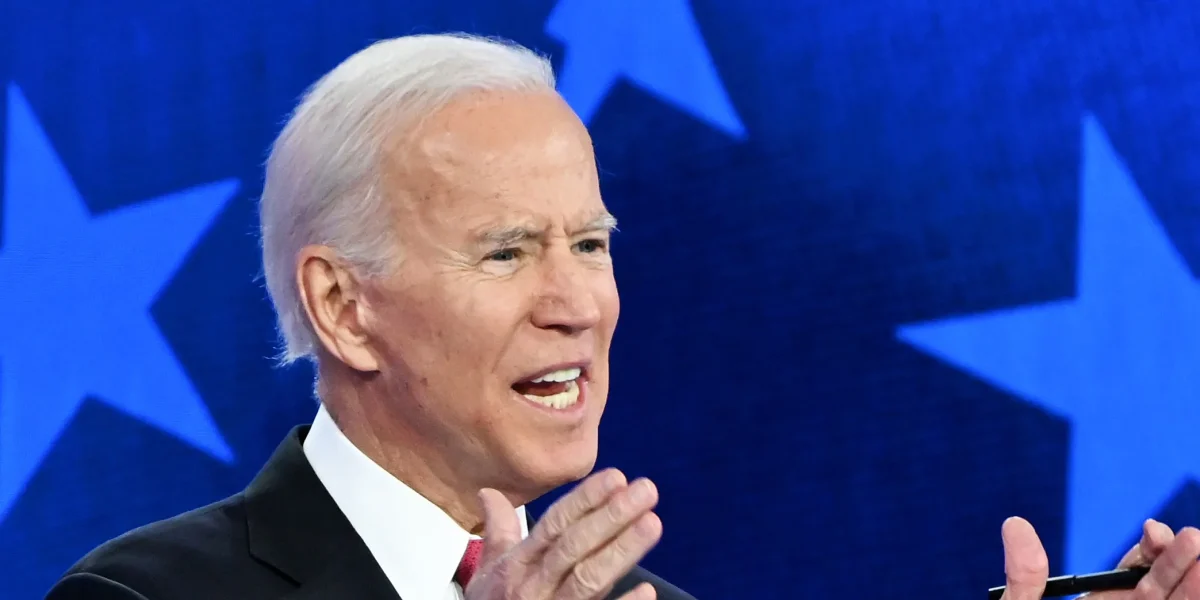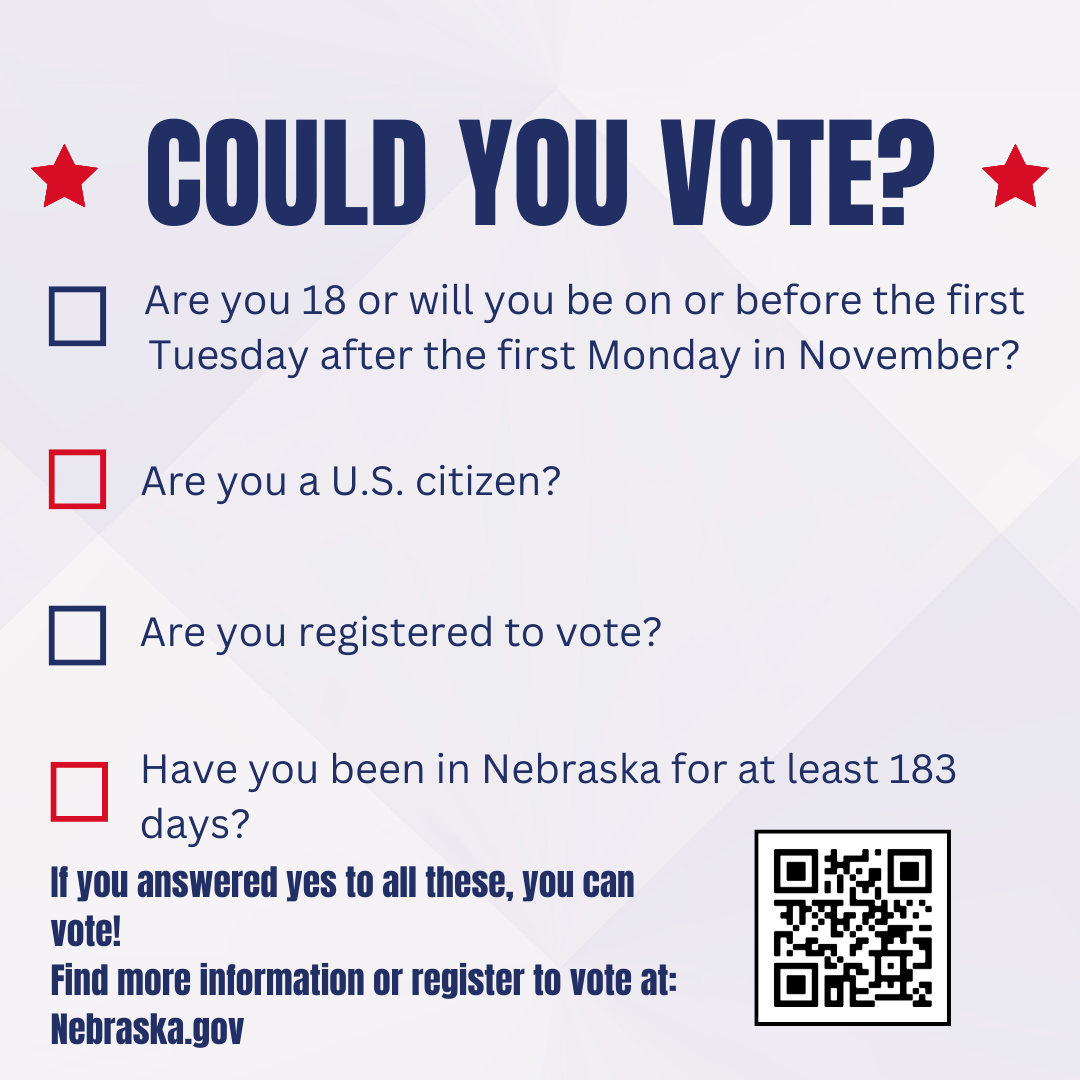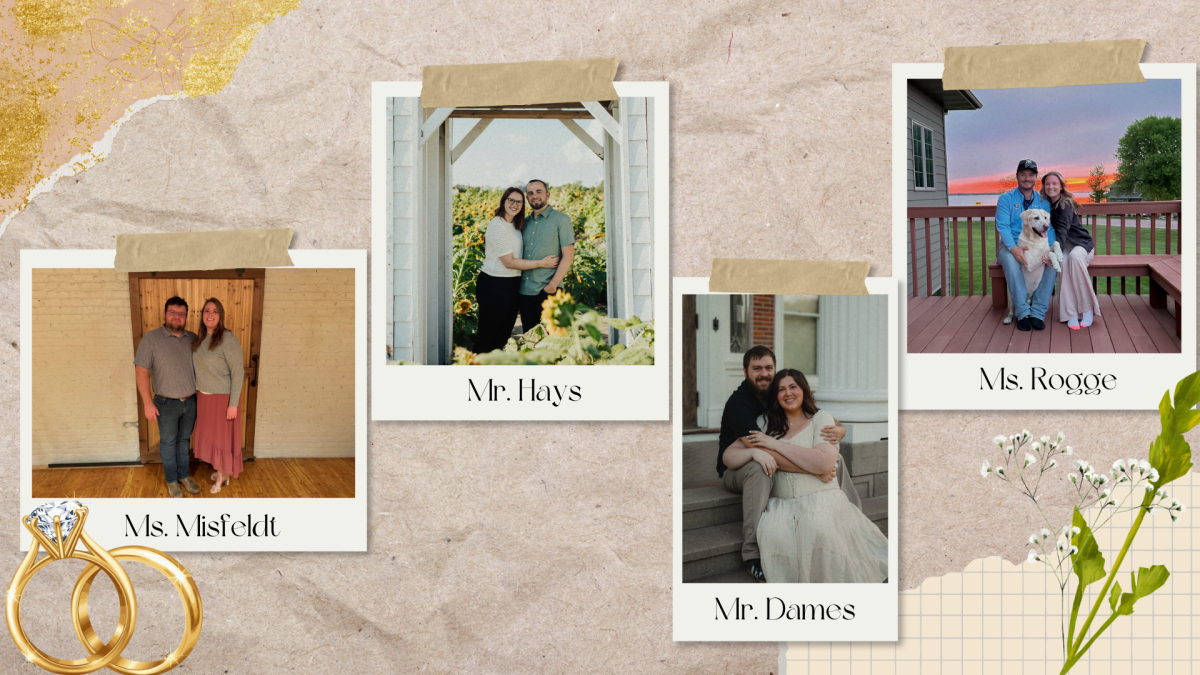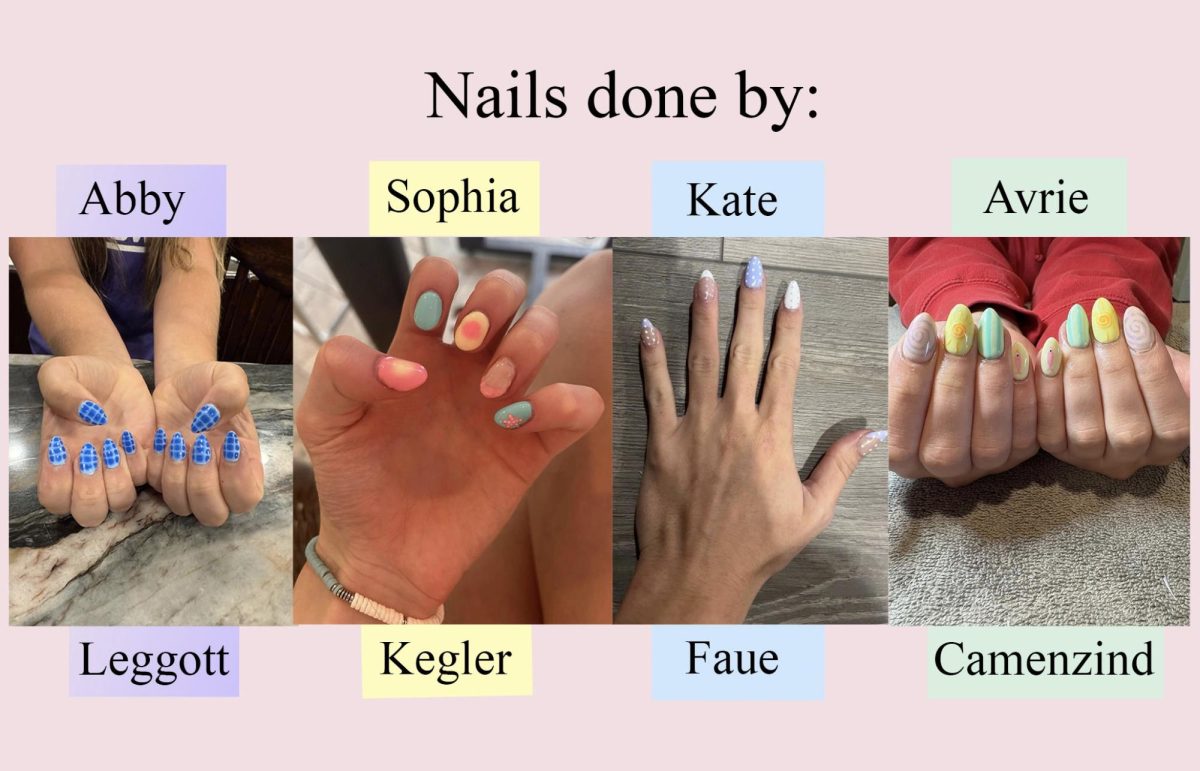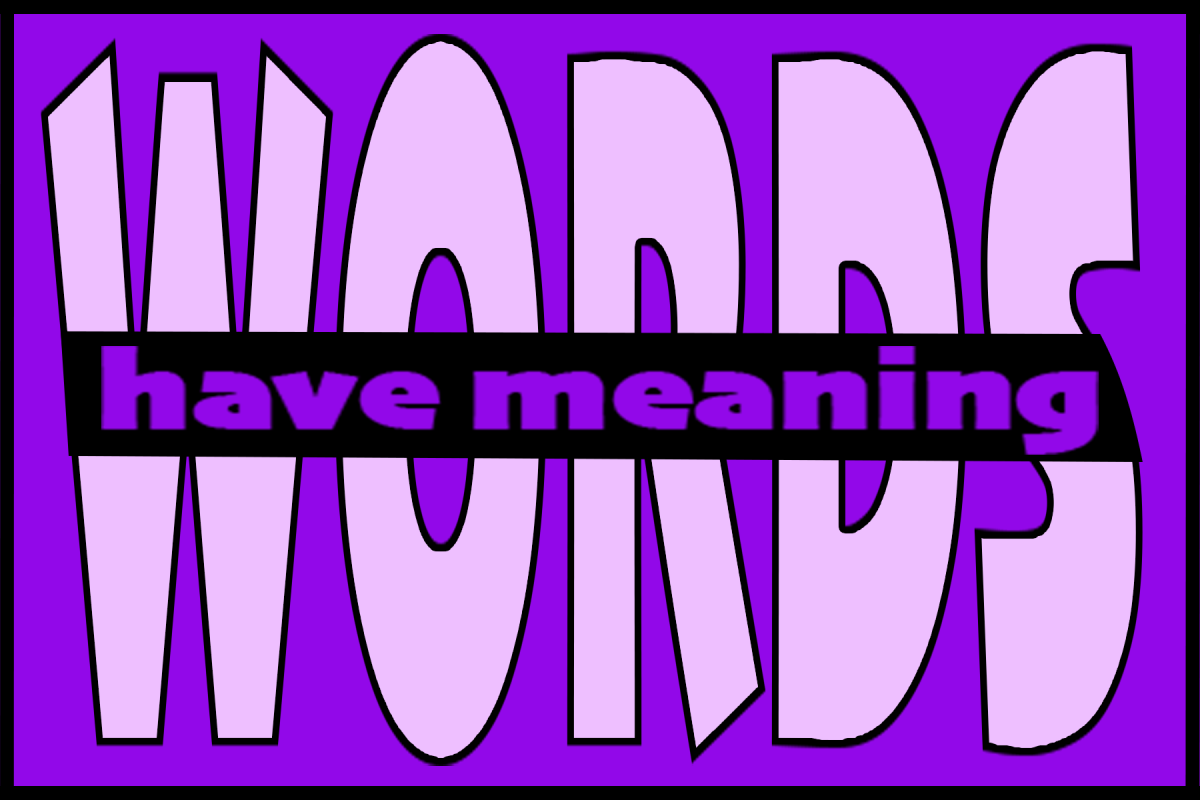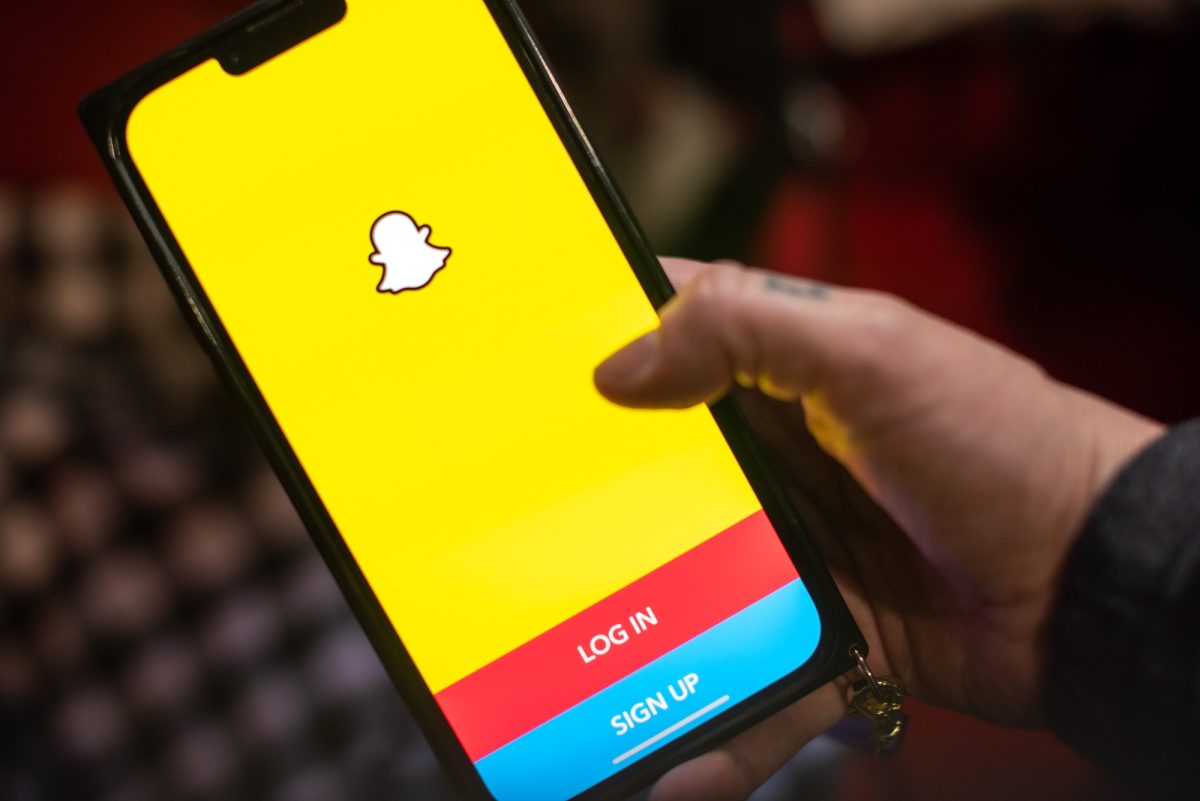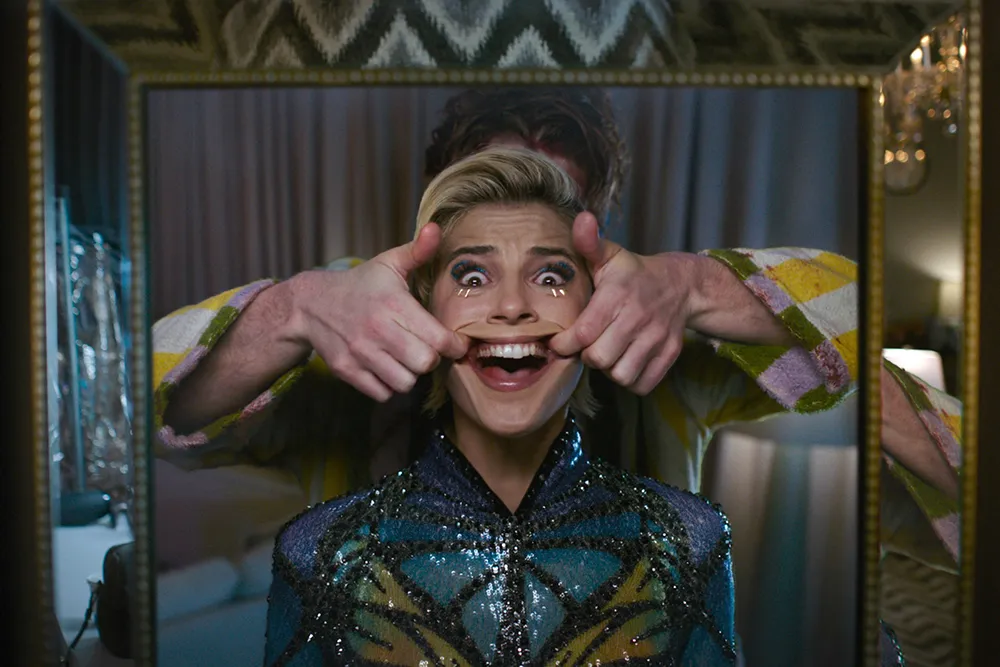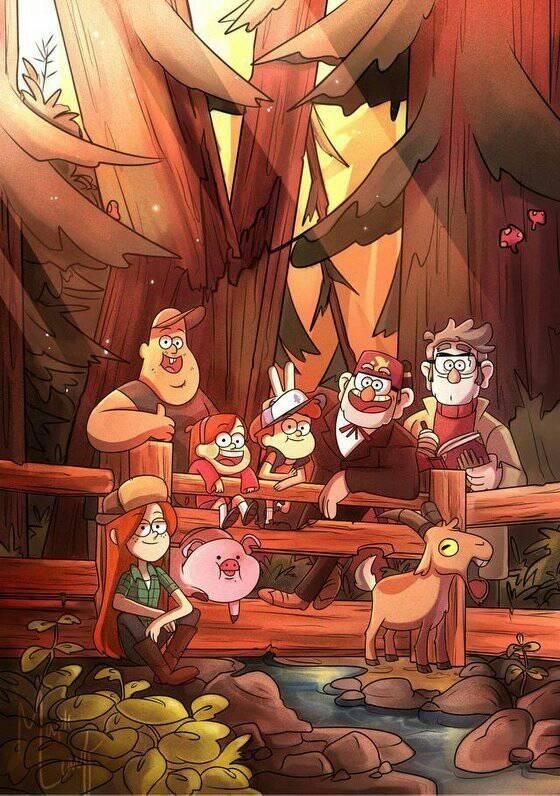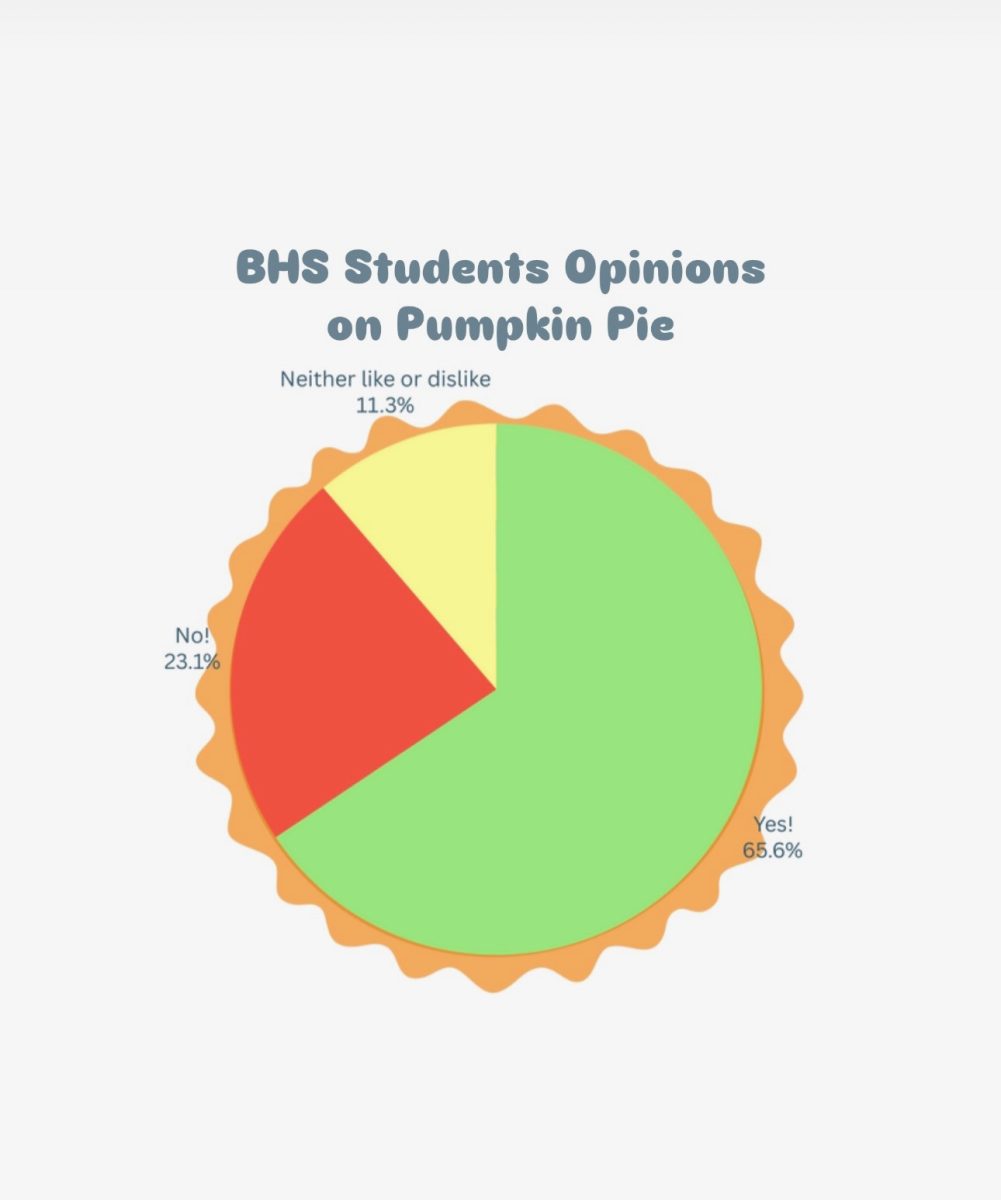Content and trigger warnings can be found all over the internet and have been the catalyst for an endless debate. Is our generation too sensitive? However, walking through any high school hallway or having a casual conversation leads to a new question… are we sensitive enough?
Discussions of mental health online may lead to an obvious conclusion; of course we’re sensitive enough. Scrolling on TikTok, practically every video has “CW:…” in the corner. But what about offline?
Threatening people, joking about insecurities, making fun of mental illnesses or conditions, and outright bullying has become extremely normalized amongst youth. Most people will say that with the ‘right crowd,’ it’s okay, or that it’s funny when their friends say it.
In the moment it might feel okay, but there could be a time where it isn’t anymore. Making light of these topics diminishes the severity of them, which can be incredibly harmful to the people that they affect or apply to. At no point should humor have to be hurtful in order to be enjoyed.
The difference in sensitivity on and offline is jarring, and the opposite of what you would expect. Usually when talking through a screen, people become bolder, harsher, more hurtful. Yet the content we see tends to be overly sugarcoated. Maybe it’s due to the restrictions of what you’re allowed to post and the fear of getting content censored or taken down, or maybe people want to present themselves in a more positive, kind light on the internet.
Between this sensitivity online and the lack of sensitivity in conversation, is there a balance that can be made? Not everything needs a warning on it, but not everything can become a joke.
However, I do believe that it is better to stay cautious when it comes to serious issues. Some people prefer to test the boundaries and see where the line is. That choice is up to you, but once that line is crossed, you can’t step back over it without some sort of consequence.
This consequence could come in a lot of ways: the pain of a friend, a stranger’s insecurity growing, the negative treatment of a group of people. We have no control over what comes after we speak. Maybe nothing will happen, no one will care, and everyone will find it funny. Or maybe someone will hear. Maybe whoever hears will start to think differently of whoever or whatever you were talking about. Maybe someone will get hurt.
Hurting someone is never necessary, especially for a reason as trivial as a joke. Is the pain of another really worth a laugh? The damage that words can cause is beyond belief, and could follow a person for years to come. It could alter how they feel about themselves or the people around them permanently.
Or maybe nothing will happen. No one will care. Everyone will find it funny. But that’s not up to us, is it?

